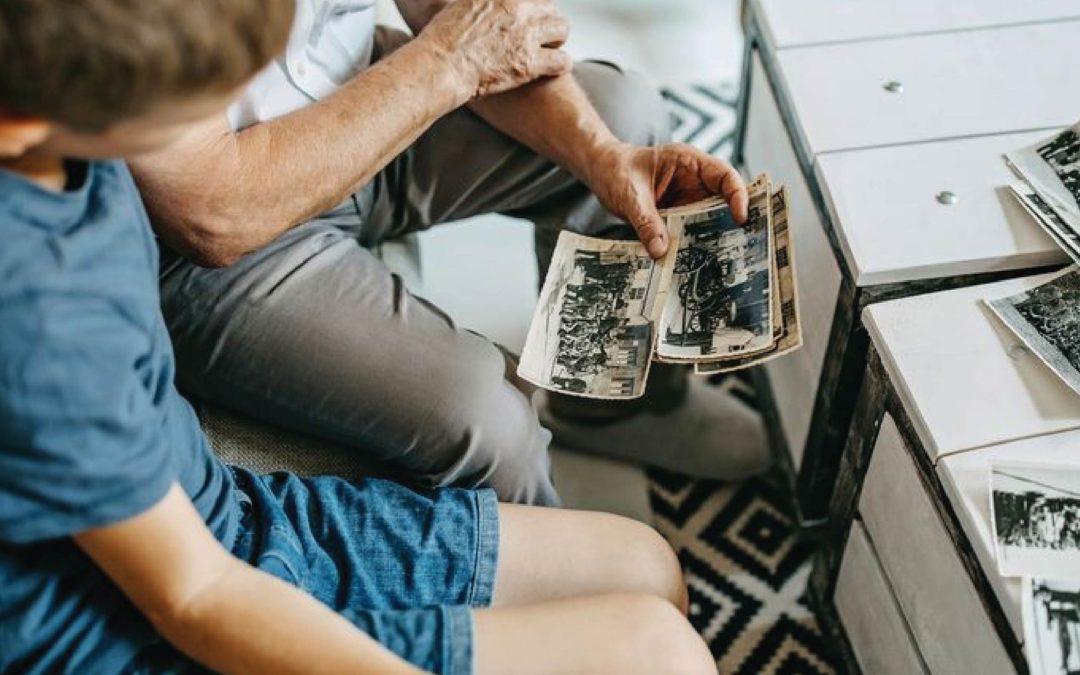This article was originally published in the Washington Post.
More than a dozen studies in recent years have measured the ‘positive’ and ‘restorative power’ of such memories.
If the word “nostalgia” only conjures up the idea of wistful looks back, think again, because the tenderhearted emotion doesn’t have to function as a backward-looking mood, researchers say.
Studies indicate that, in moderation, nostalgia can help move us past our current troubles, whether it be stress from a global pandemic or challenges at home or work. It’s all in how we use it.
“Nostalgia is a first-aid emotion, very useful to have in your emotional toolbox in case you feel lonely or in a low mood,” said Ad Vingerhoets, a clinical psychologist at Tilburg University in the Netherlands.
More than a dozen studies in recent years have measured the predominantly “positive,” “restorative power” of nostalgia, showing it to be a “buffer” against emotional unhealthiness and an “important resource for maintaining and promoting psychological health.”
Nostalgia is defined by Merriam-Webster as “a wistful or excessively sentimental yearning for return to or of some past period or irrecoverable condition,” but experts say its benefits run much deeper.



